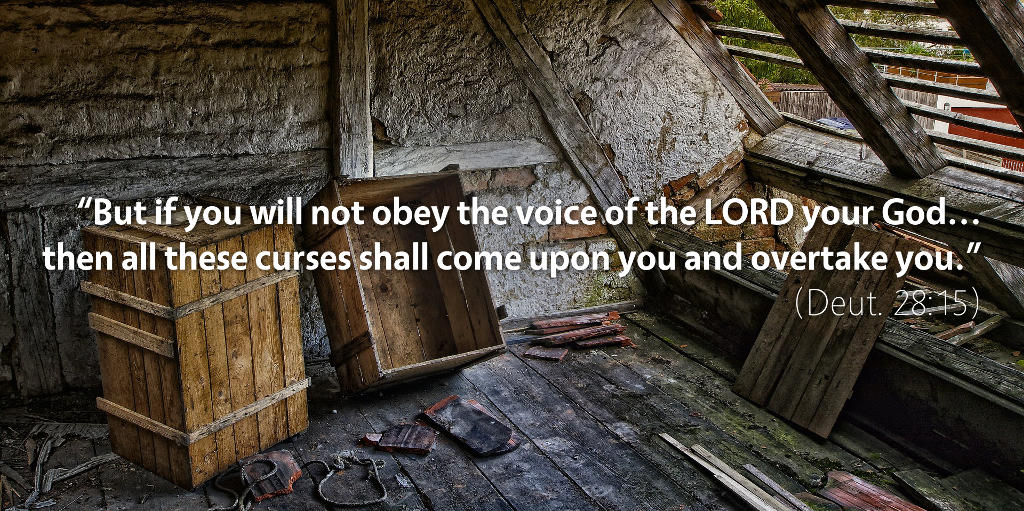Bible Readings for June 23rd
Deuteronomy 28 | Psalm 119:25–48 | Isaiah 55 | Matthew 3
Deuteronomy 28 is at the same time an inspiring and a horrific chapter in the Bible, laying out Yahweh’s covenant blessings and his covenant curses. These two lists were so important that they would be used again later in a larger ceremony that would come after Moses’s death. Just as Moses had mentioned briefly back in Deuteronomy 11:26–32, Israel was to remind one another of these blessings and curses after they took possession of the land of Canaan.
In that ceremony, six of the tribes were to stand on Mount Gerizim for the covenant blessings: Simeon, Levi, Judah, Issachar, Joseph, and Benjamin (Deut. 27:12). Then, the other six tribes were to stand on Mount Ebal for the covenant curses: Reuben, Gad, Asher, Zebulun, Dan, and Naphtali (Deut. 27:13). In Joshua 8:30–35, Israel fulfills this commandment, gathering on Mount Gerizim and Mount Ebal to announce the blessings and the curses to one another.
The striking feature of these blessings and curses is that they correspond to one another. If Israel obeys, Yahweh promises to give Israel fruitfulness in their fields, wombs, and flocks (Deut. 28:3–4), to provide plenty of food (Deut. 28:5), to protect Israel from their enemies (Deut. 28:7), and to bless Israel with unbounded prosperity (Deut. 28:8–14). On the other hand, if Israel disobeys, Yahweh promises to curse their fields, wombs, and flocks (Deut. 28:16–18), to hand them over to their enemies (Deut. 28:25–51), and to bring devastating poverty upon them (Deut. 28:52–68).
One of the most graphic curses promised here is that Yahweh would send Israel such desperate starvation in the midst of a military siege that even the most refined woman among them would eat her own children (Deut. 28:56–57). Sickeningly, we read twice in the book of Lamentations that the Babylonian siege of Jerusalem accomplished exactly that result (Lam. 2:20, 4:10).
Deuteronomy 28 is not a pleasant chapter to read, but the theological principle that we should glean from this is that Yahweh is a faithful God who keeps his covenant. So, when his people disobey and he sends his curses upon them, he is doing so not out of spite but because he is faithful to keep his word.
But at the same time, Yahweh remains faithful to his people even when they do break his covenant. In order to be faithful in both directions—executing his curses and extending his blessings—Yahweh sends his Son to bridge the gap, taking upon himself our curses so that we might receive the covenant blessings that Jesus Christ alone merited.
The cross, then, fulfills not only Deuteronomy 28 but also Lamentations 3:22–23: “The steadfast love of the LORD never ceases; his mercies never come to an end; they are new every morning; great is your faithfulness.”
Podcast: Play in new window | Download (5.1MB) | Embed
Subscribe: Apple Podcasts | RSS | More

Scripture quotations are from The Holy Bible, English Standard Version copyright © 2001 by Crossway Bibles, a division of Good News Publishers. Used by permission. All rights reserved.


